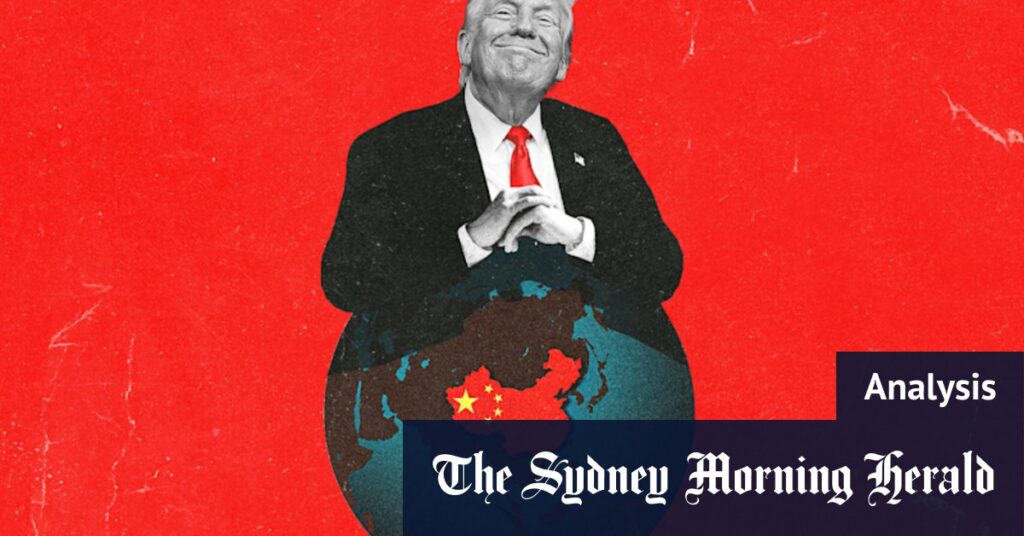“The trade relationship is the linchpin between the two countries, and as it breaks, we should probably expect other areas to see more stress.”
Loading
History offers cautionary lessons. What happened the last time the US put a trade embargo on an ambitious great power in Asia? It was 1941, when the US imposed an oil embargo on Imperial Japan. It was not unprovoked. Tokyo had earlier invaded China and Korea, then French Indochina.
Much as today, America is not unprovoked. Among the provocations is Beijing’s deliberate tolerance of the mass export of fentanyl from China to the US for over a decade. It’s a reverse Opium War which has fed America’s deadly opioid addiction.
Xi Jinping in recent years has made some limited efforts to curtail the trade to placate presidents Joe Biden and Donald Trump. But China is now considering withdrawing even this modest effort, according to a speculative list of six potential retaliations that China’s censors are allowing to run, implying they could be acceptable to the regime.
The US oil embargo on Japan in 1941 is not an exact analogy for today, but it is a warning from history. Trade decisions on this scale are not about trade alone.
Loading
The American shutdown of oil supply persuaded Japan that it needed to smash through the embargo by force if it wished to survive. So it launched its attacks on US and British interests throughout the Pacific, including the Pearl Harbour raid, and the Pacific Theatre of WWII flared into one of history’s most disastrous conflicts.
The oil embargo was one step in a series of escalations on both sides, much as Trump’s de facto embargo today is an extension of the cold war that has been developing between Beijing and Washington for a decade.
In the past three months, Trump has hit China with two rounds of 10 per cent tariffs. China responded with a tariff of up to 15 per cent on key US farm products.
In the past week, Trump followed up with his “reciprocal” impost of another 34 per cent last week. China announced a counter-tariff of identical scale, to which Trump reacted with an additional 50 per cent tariff, taking the cumulative total of 104 per cent.
China’s answer? A retaliatory tariff of 84 per cent on American goods, plus a staccato of specific measures, including export bans on some rare earth elements, increased export controls on a dozen US high-tech companies, and the blacklisting of six US defence and aerospace firms. Trump responded by taking the total US tariff to 125 per cent.

Trump signing executive orders in the White House on April 9.Credit: nna\seathompson
Beijing reportedly is considering other countermeasures, including the withdrawal of fentanyl co-operation and the devaluation of China’s currency, the yuan, to further harm US competitiveness.
All the while, friction between the two countries’ militaries continues to erode the margin for error on the high seas and in the air, even as the economic antagonism intensifies.
The consequences of today’s economic war are unpredictable, but we know one thing already: trade is conducted for mutual benefit. It’s win-win. Its political cancellation is lose-lose; Americans will be forced to pay higher prices and their economy will shrink, while China will suffer a traumatic blow to some $US400 billion a year in export earnings.
Loading
“It takes decoupling of the US and China to a whole new level,” says Peter Dean of the US Studies Centre at Sydney University. “It’s decoupling in the most traumatic way.”
All other nations will scramble to salvage what they can from the destruction of one of the world’s greatest trade flows. That’s what wars – military, economic or both – do.
“Normally and generally,” write historians Will and Ariel Durant in their 1968 work, The Lessons of History, “men are judged by their ability to produce – except in war, when they are ranked according to their ability to destroy.”

